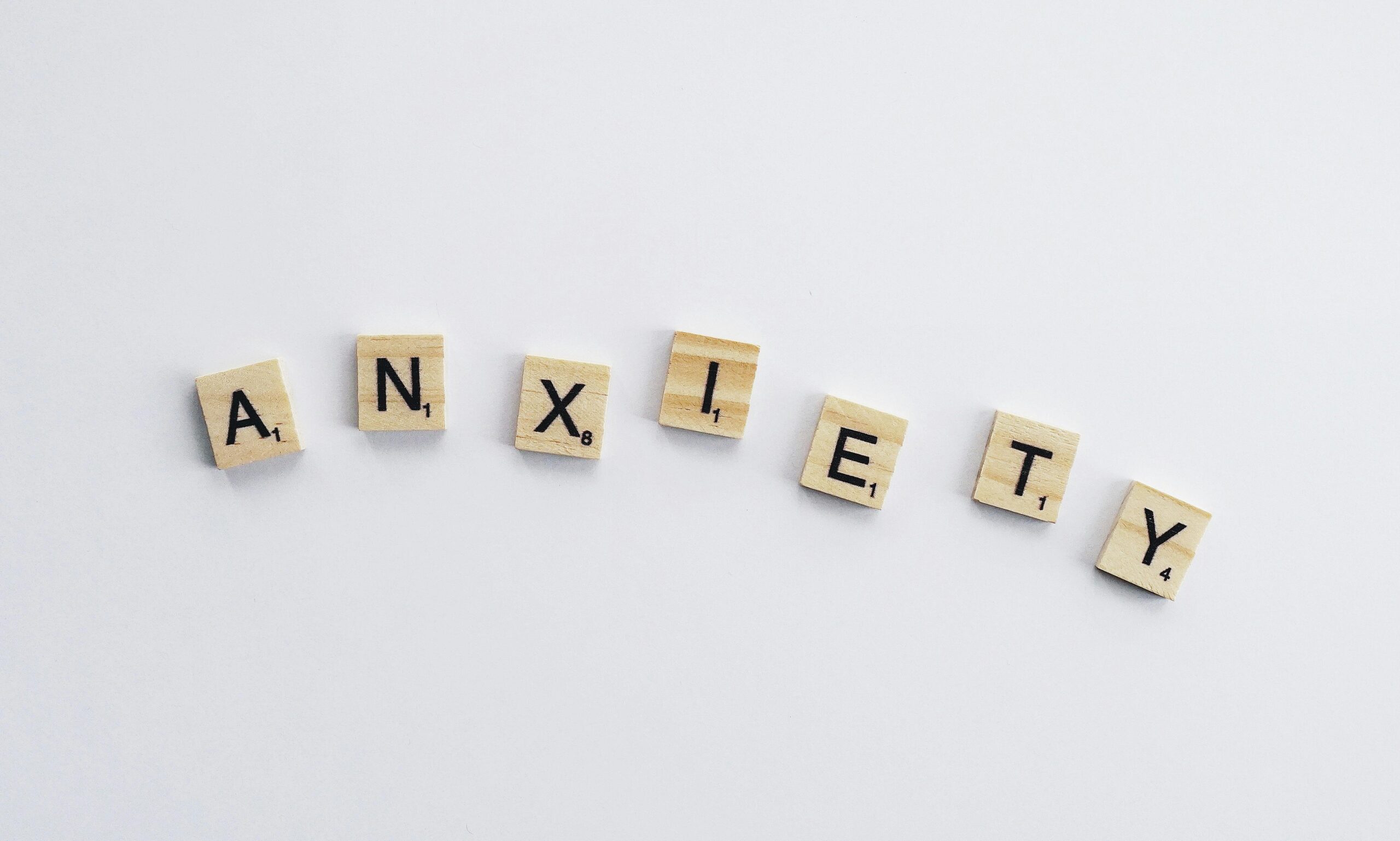It’s the mental disorder most people have heard of, but they don’t totally get it.
It’s Not What You Think
A lot of people think that having OCD means that you like to wash your hands a lot, clean your house often, and keep things in order. While some people who have OCD do obsessively clean things and organize them, OCD is NOT about cleaning, being a perfectionist, or being neat an organized. People with OCD are often troubled by terrifying thoughts, that revolve around violence, contamination, and overall distressing situations. While many people have unwanted thoughts pass through their heads, people with OCD generally have a difficult time shaking the unwanted thoughts, otherwise known as obsessions. The compulsion is something a person does in order to get relief from the troubling thought. Here’s an example using compulsive handwashing: a person has OCD and is terrified of contracting COVID-19 and dying from the disease—even though they have no risk factors and they know most people don’t die from COVID. he person with OCD becomes unable to stop thinking about dying from the disease (obsession) so they wash their hands until they feel safe and are then unable to stop worrying about contracting COVID and dying (compulsion).
So, It’s Kind of Like Anxiety, Right?
OCD is very similar to generalized anxiety disorder, since people with OCD do experience anxiety. However, there are key differences between generalized anxiety disorder and obsessive compulsive disorder. OCD generally involves irrational thoughts—and the sufferer usually knows on some level that the thoughts are irrational; the problem is that they just cannot stop thinking about them. Here’s a common OCD theme: a person is afraid that they’ll go sleepwalking in the middle of the night so they install cameras to ensure that they don’t leave the house. In the morning, they check the footage. Most people with OCD know that these fears and behaviors are irrational, but the fears and thoughts are so distressing, that the person with OCD will do anything to make them go away, even if it means installing cameras to make sure you don’t sleepwalk and checking the footage. When a person has generalized anxiety disorder, they’re generally more concerned with more rational events: am I going to fail this test today? Am I prepared for the job interview? I’m nervous about going on this date, etc.
Common OCD Themes
Though people can develop obsessive thoughts over anything, there are common OCD themes. Sexuality is a common theme: what if I’m a different sexual orientation and I don’t know it? People with obsessive compulsive disorder may worry about being terminally ill, or catching a serious disease. A person with OCD may obsess over the state of their relationship: is this person about to dump me? Do they really love me? Are they cheating on me? Harm OCD refers to worrying about hurting someone, whether accidentally or intentionally. For example: what if I’m a bad person and I just don’t know it and I begin abusing my pets some day? Scrupulosity refers to OCD that’s related to religion: what if I’ve done something to offend a higher-power, and I will be eternally punished for it? Though these themes are common, not every person with OCD will suffer though every theme.
Common Compulsions
Most people with OCD have compulsions that involve checking, testing, or counting—however any action could be a compulsion. It should be noted here that people who don’t have OCD may also check things, take tests, or do things in a certain order. For example, almost everyone has made it down the road only to turn around and verify that they’ve locked the door for sure. When people have OCD, however, these compulsions tend to take over their lives: in order to be diagnosed with obsessive compulsive disorder, the compulsions need to take up more than one hour per day. Many people who suffer from OCD feel as though they’re a slave to their compulsions, and when they spend a significant amount of time on them, it’s no wonder that their marriages can have a negative impact.
Marital Impact
Many people with OCD suffer in silence. The combination of the anxiety and the compulsions can strain a marriage, especially since they often take over a person’s life. Because OCD is often misunderstood as the disease that causes you to clean, many people with OCD may not know that they have OCD. Often times, spouses don’t understand why their spouse with OCD is doing certain things, or worried about irrational things. This can cause the person with OCD to keep things to themselves to avoid being seen as “crazy”. If you think that you have OCD, or your spouse has OCD, it may be a good idea to explore medication and therapy with your doctor and mental health professional.
We’re Here for You
If you’re considering divorce, CoilLaw is here for you. Contact us today to get started on your initial consultation.


